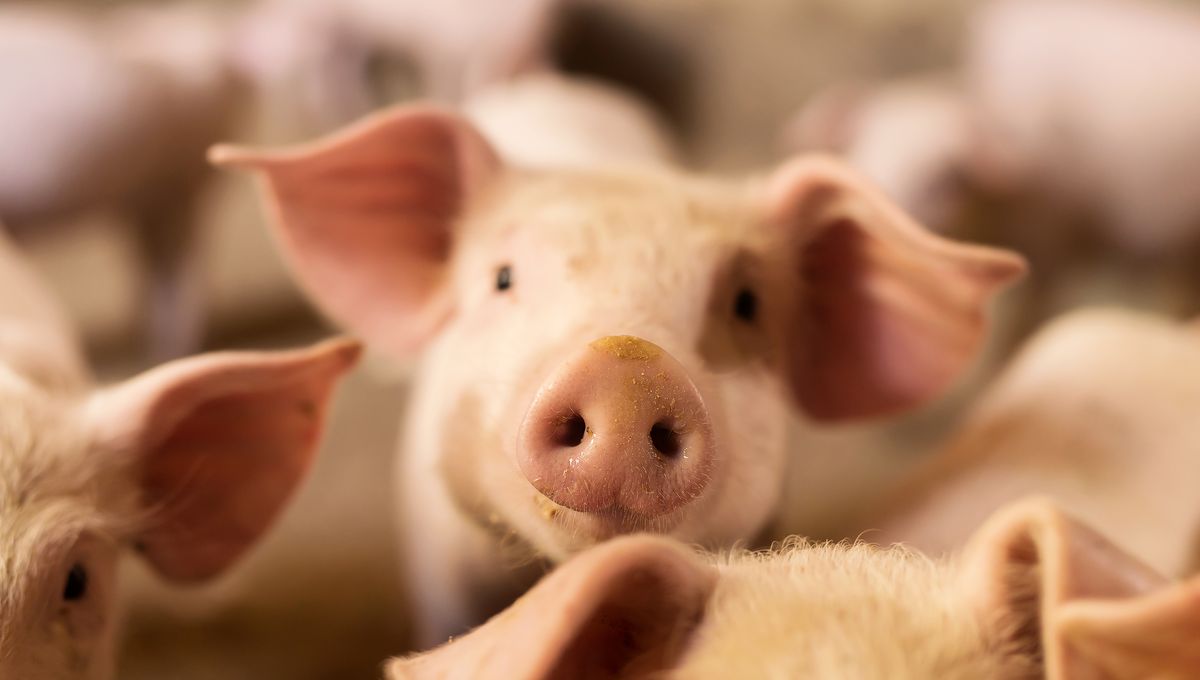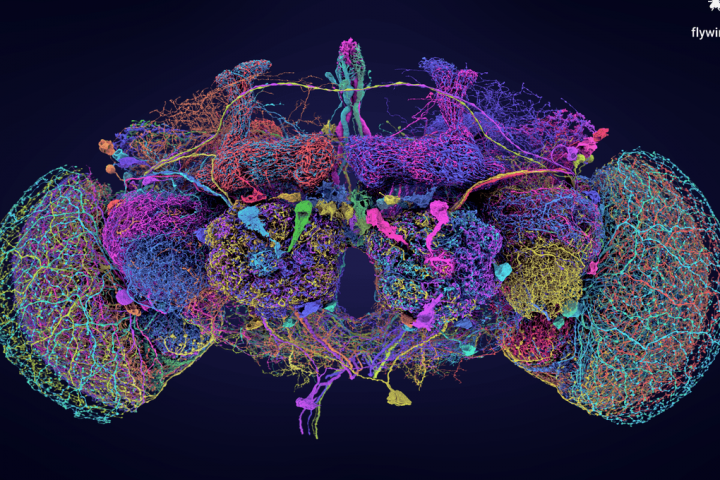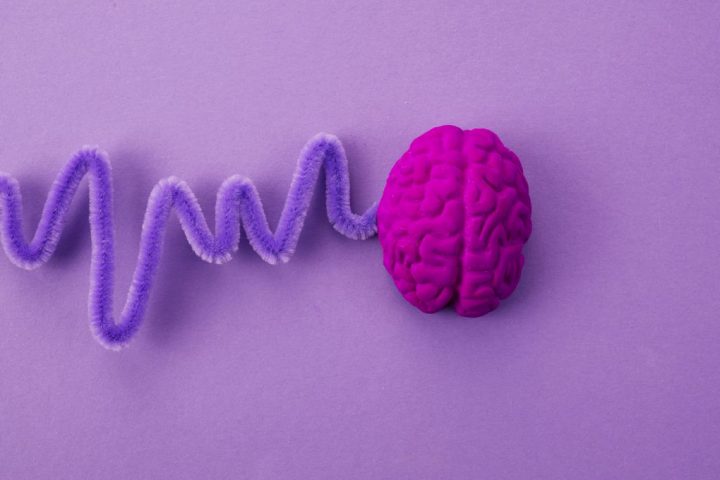Kidneys are the most commonly transplanted organs in humans, with over 25,000 kidney transplants performed in the US in 2022, coming from both living and deceased donors. However, the waiting list for receiving a kidney can be notoriously long, with more than 90,000 people awaiting a donation in 2020 and nearly 5,000 dying each year before they receive one.
But what if there was another solution? Scientists have been exploring xenotransplantation, the transplant of animal organs into humans, as an alternative to human-to-human donation. One animal that has been at the center of this research is the pig, specifically genetically modified pig kidneys.
However, a groundbreaking new study has taken this research a step further. Researchers have developed embryos with both human and pig cells, known as chimeras, with the goal of producing humanized kidneys in pigs.
Previous attempts at producing chimeras have failed, but this study made several modifications to overcome the challenges. Using CRISPR, the scientists genetically engineered the pig embryos to depend on human cells for kidney development, preventing the pig cells from outcompeting the human cells. They also used human stem cells designed to integrate better with pig cells, reducing the likelihood of self-destruction.

The resulting chimeric embryos were cultured in nutrients optimized for both species and then transferred into surrogate sows. After gestation, the embryos were analyzed.
The researchers found that all five extracted embryos had structurally normal kidneys for their stage of development, including early cell structures that would form the kidney-to-bladder connection. Approximately 50 to 60 percent of the kidney cells were human.
Importantly, the researchers also investigated whether the human cells had contributed to the development of other regions of the pig embryo, particularly the brain. They found very few human neural cells in the brain and spinal cord, indicating that the human cells did not differentiate into germ cells.
While this study brings us closer to the possibility of fully functional, animal-grown human kidneys, there are still challenges to overcome. Human organs are composed of multiple types of cells, and the humanized kidneys in this study only contained one subset of human cells. This could lead to immune rejection if the kidneys were fully grown and transplanted.
Senior author Miguel A. Esteban acknowledges the complexity of engineering pigs to have fully human organs, but remains hopeful that these challenges can be overcome to address the shortage of donor organs.
Only time will tell if this research will provide a solid solution to organ shortages. The study is published in the journal Cell Stem Cell.








